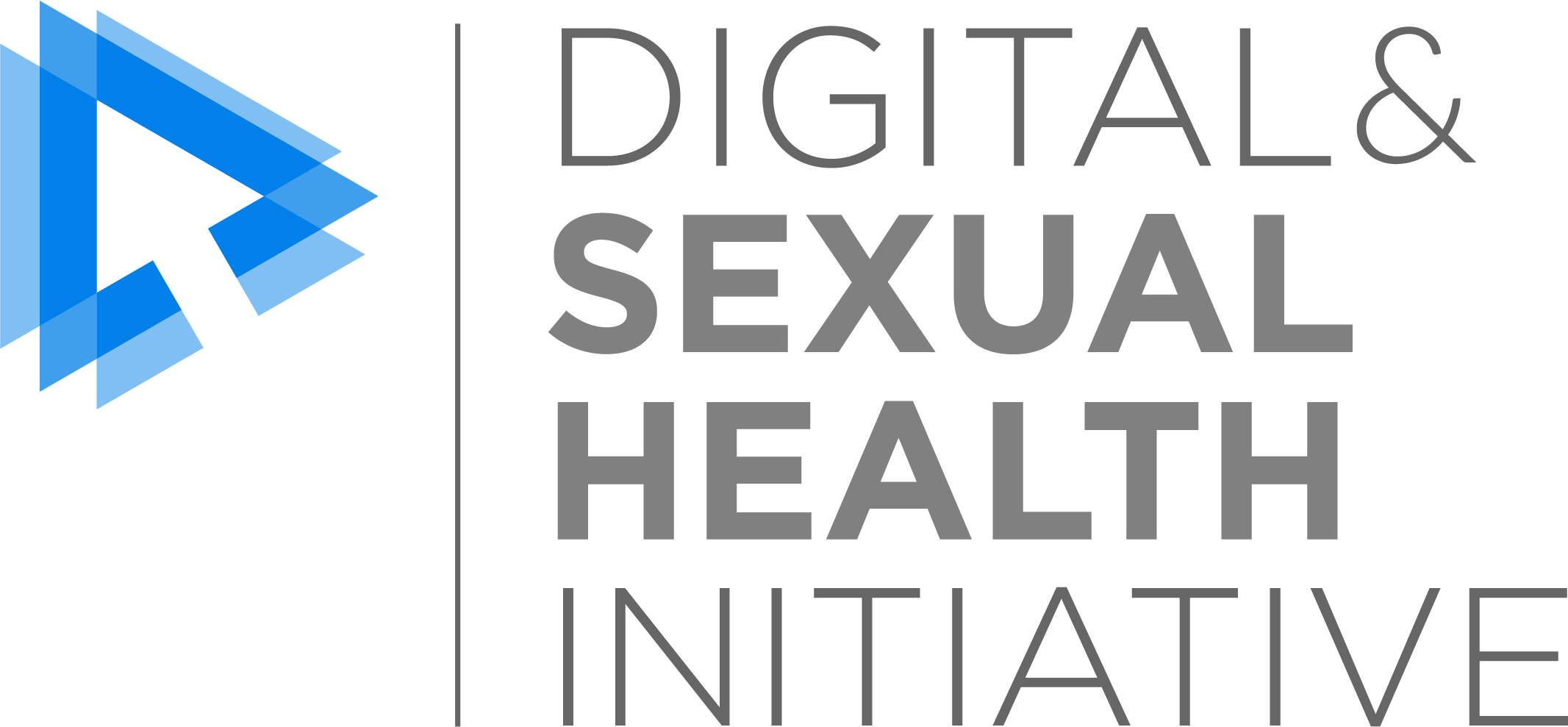Design and implementation factors associated with missed opportunities to provide testing on GetCheckedOnline: 2022 client experience survey findings.
Research theme(s)
Internet Based Testing
Ihoghosa Iyamu, Aidan Ablona, Hsiu-Ju Chang, Heather Pedersen, Devon Haag, Catherine Worthington, Daniel Grace, Amy Salmon, Mieke Koehoorn, Mark Gilbert.
Public Health Association of BC Conference, Vancouver, BC, November 21-22, 2023.
Background
Some people who create accounts on GetCheckedOnline do not test for sexually transmitted infections (STI). Improving the service for users needing to test and not testing (“missed opportunities”) may improve equity. We assessed how program features and equity-related factors influence missed opportunities for testing on GetCheckedOnline.
Methods
Between 2022-2023, we conducted an explanatory sequential mixed-methods study. We surveyed GetCheckedOnline clients creating accounts over 6 months. Web-design and implementation factors were assessed for associations with missed opportunities using logistic regression. We used semi-structured interviews with survey respondents with missed opportunities to explore their experiences with GetCheckedOnline. we identified explanations for observed associations using reflexive thematic analyses and constant comparative techniques.
Results
Among 572 respondents needing testing at account creation, 183 (32.0%) experienced missed opportunities. Not agreeing GetCheckedOnline’s website was easy to use (adjusted odds ratio (aOR) 3.40, [95%CI:1.68-6.87]), difficulty getting to a lab (aOR:3.26, [1.97-5.41]), perceived inadequacy of tests (aOR:1.81, [1.11-2.95]) and being likely to test if self-sample collection was available (aOR: 2.12, [1.32-3.42]) were associated with missed opportunities. Associations varied by gender, annual income, employment and immigration status. We identified three themes in interviews: the lab interface as a pain point in service use, users’ appraisal of their health and social context as a determinant of completing testing, and opportunities to tailor design and implementation to accommodate varied user needs.
Conclusions
Reducing missed opportunities may improve health equity impacts of GetCheckedOnline. Our study findings suggest potential service improvements for equity-seeking groups (e.g., ensuring seamless transition between GetCheckedOnline and labs).
